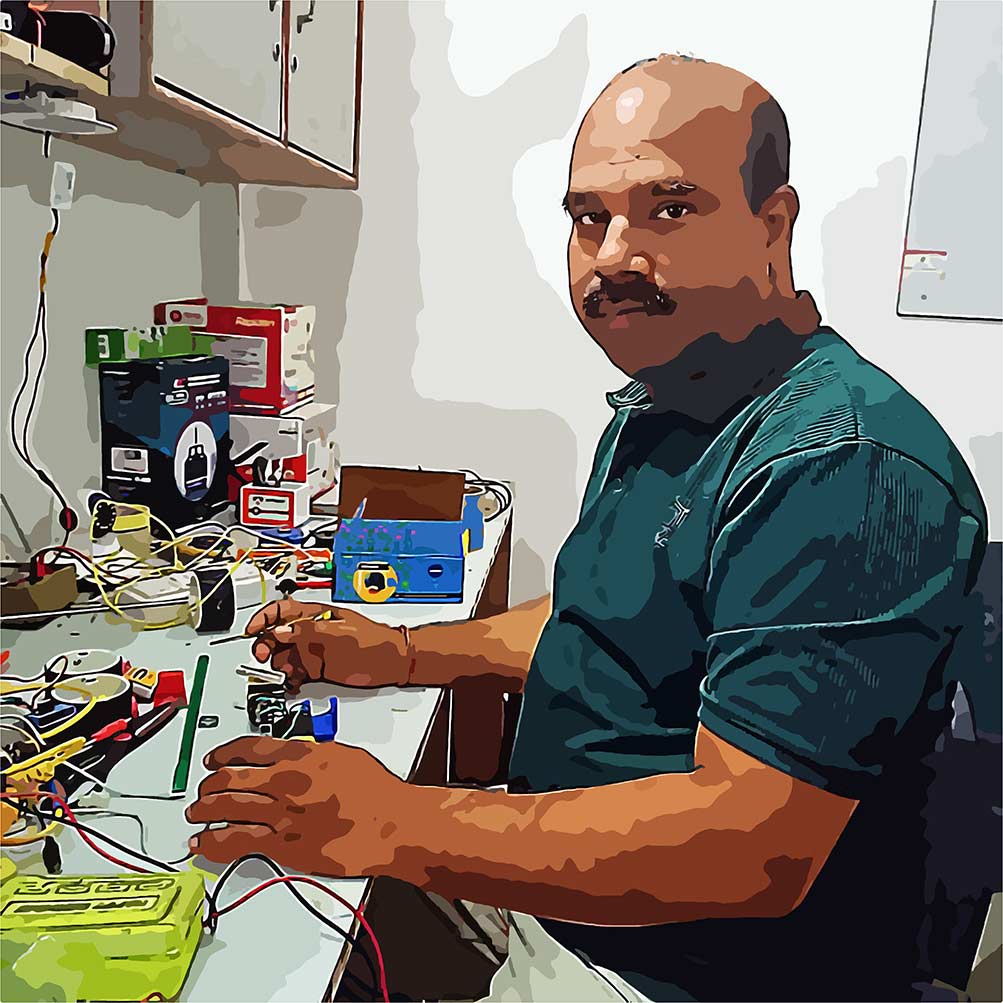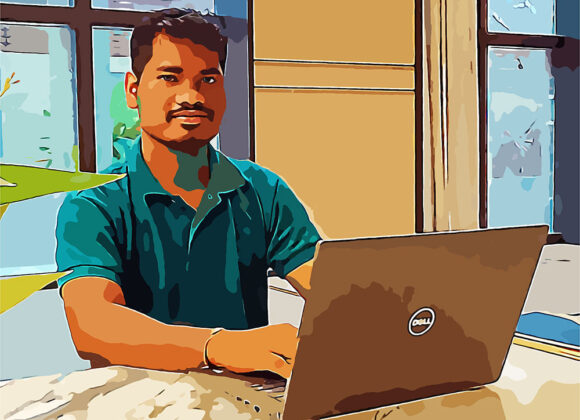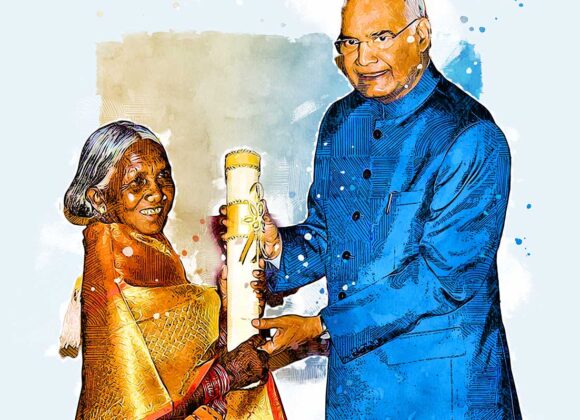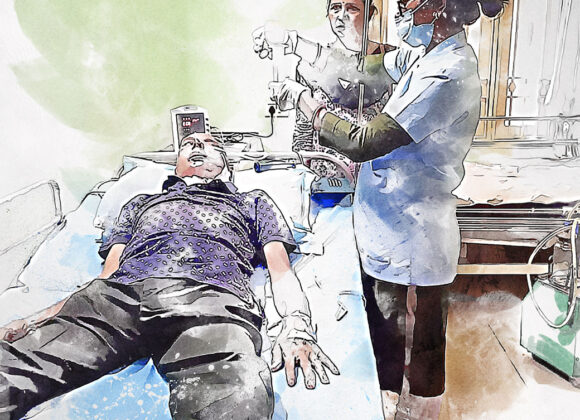Whether we go out or stay at home, we usually come across plenty of innovative gadgets and apps that make our lives easy. Somewhere and somehow, all of these technological advancements are the brainchild of an innovator who dreamed of making others’ lives easier through his invention.
A 46-year-old engineer, Ashish Mahana also lives the similar dream of making the lives of the common people around him easy. His compassion as well as his inquisitive intellect has driven him to create numerous assistive devices since years together that will help people in their daily life. However, his ground-breaking innovative gadget ‘Smart Stick’ among his many creations has recently attracted the eyeballs of numerous people from all setups. The device is designed for visually impaired people and allows them to move about safely while relying less on others.
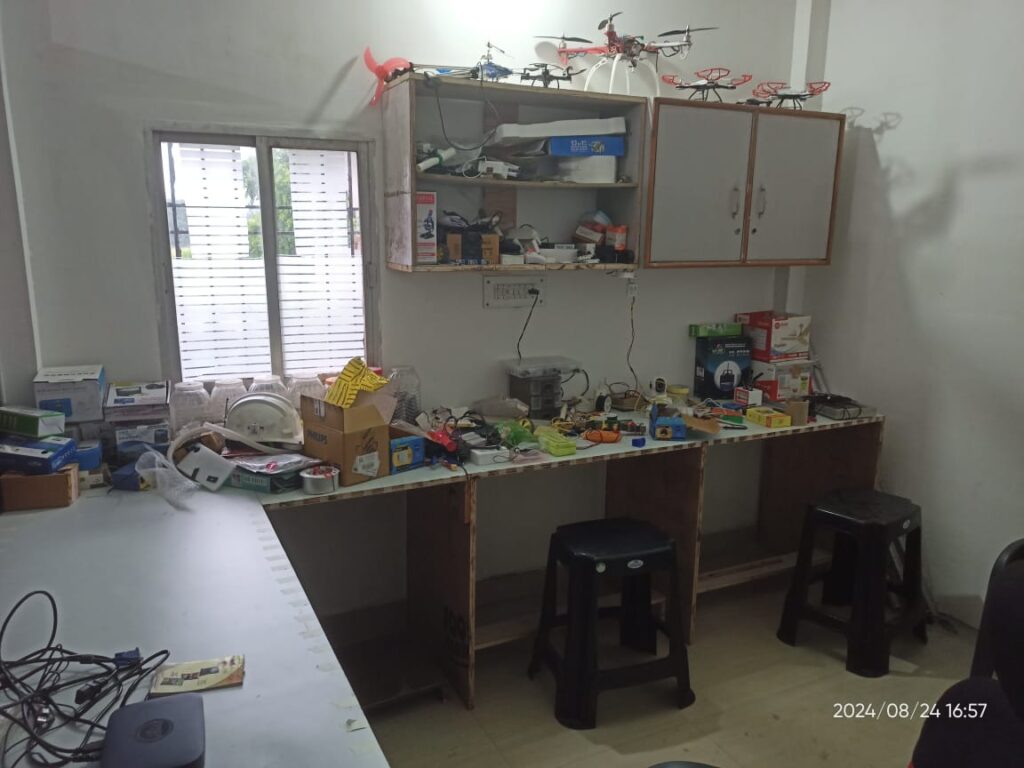
Mahana, a resident of New Rampela village, Salad Panchayat in Rengali block of Sambalpur district, owes his moral ideals and compassion to his joint family. As an avid supporter of science and innovation, these principles gradually inspired his desire to invent and renovate gadgets that can help people around him.
“As a child, I was so interested in science that I always used to keep a tester and a screwdriver in my pocket. I use my pocket money to buy insulating tapes, motors, cables, and other materials to make creative tools and devices. To keep the product cost-effective, I usually strive to make my devices as basic as possible using the spare parts I have on hand.”
Things were going well professionally as an assistant engineer at Hindelco Industries; time constraints hampered his desire to help the disabled through his creative pursuits. His discontent finally drove him to quit his lucrative job and pursue his passion. Thereafter, Mahana taken up the project of creating a device called the ‘Smart Stick’ that allows visually impaired people to move around independently.
“In 2009, on my way to work, I came upon a blind person struggling to cross the street. Though I helped him cross the street, I could sense the difficulties and dependence they experience in getting around. It encouraged me to use my expertise to create a smart device for people with disabilities so that their reliance on others might be eliminated. I tried this device on a visually impaired individual in my town, and based on his feedback, I made some changes to improve its effectiveness. However, this is not the first time I have solicited suggestions to improve the model.”
Mahana spent a month developing two multi-sensor modern assistive gadgets, one for indoors and one for outside. He created a GPS-enabled outdoor smart stick that can detect obstacles from a distance of roughly 5 feet. A buzzer connected to it will alert the blind person concurrently with a vibration. Similarly, to ensure indoor safety, he created a portable multi-sensor device equipped with moisture, fire, UV rays, magnetic, metallic, proximity, and electrical sensors. All of these sensors will protect the visually impaired person’s safety and help them navigate the direction of doors and windows.
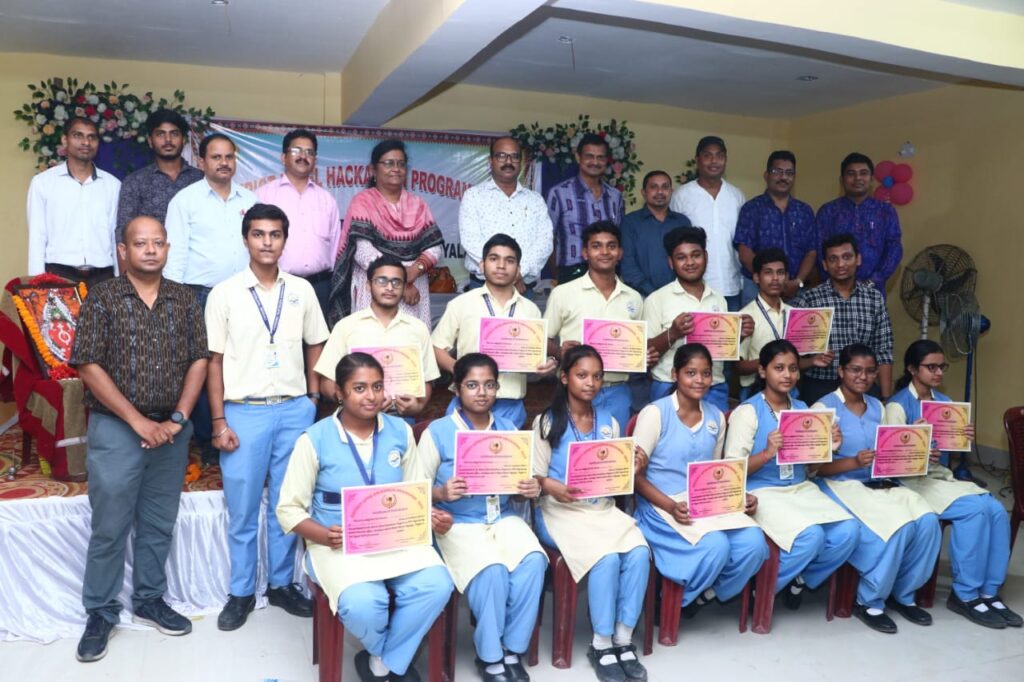
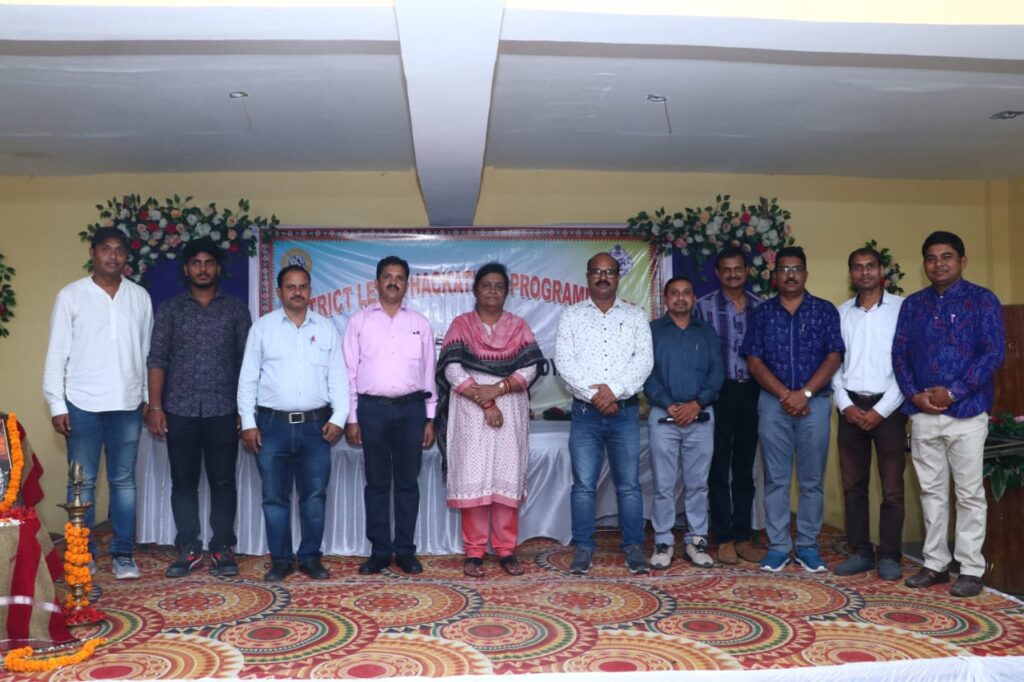
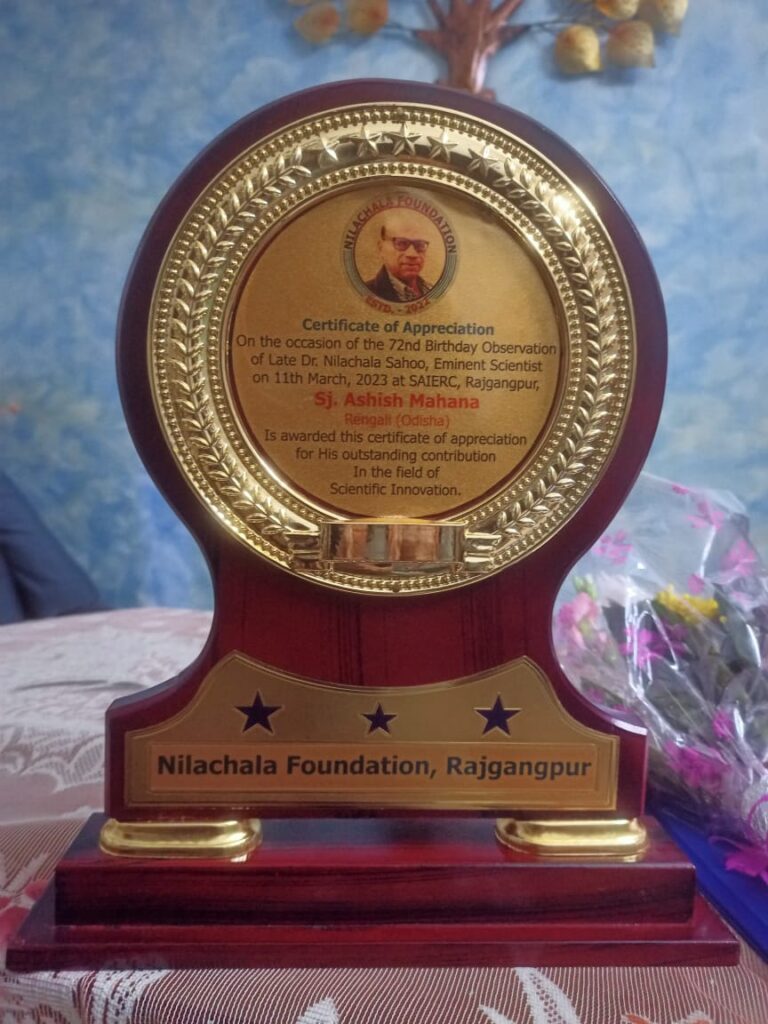
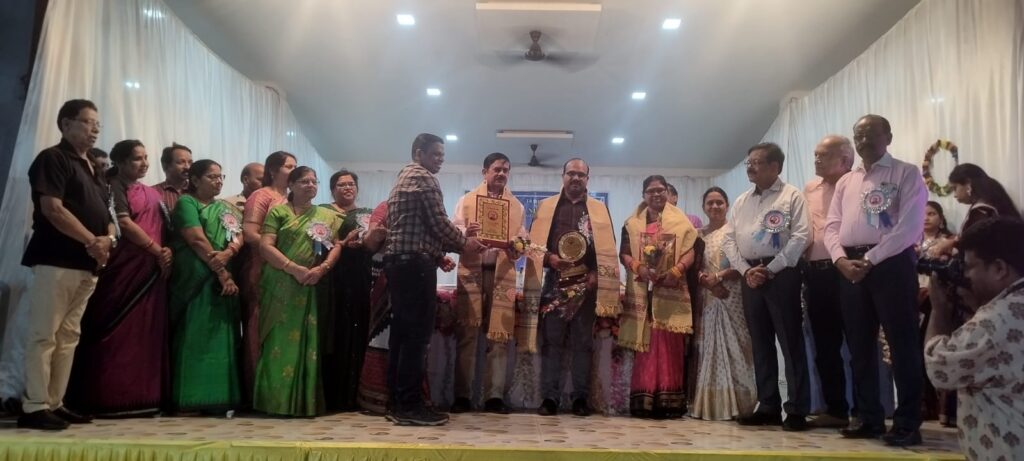
Mahana’s innovation spread around the city like wildfire. Shortly thereafter, his prototype caught the attention of Sambalpur district social security officer (DSSO) Rabindra Satpathy. The Social Security and Empowerment of Persons with Disabilities (SSEPD) office has approved a pilot project that will deliver these smart sticks to ten students at a local school. The good feedback would result in large production and statewide implementation. His concept was also reviewed and approved by the first blind OAS officer, Sanyas Behera, and featured on the government’s official Twitter feed.
“I always aim to develop products that will benefit the public and create job opportunities for others. Working long hours in my workspace and using my brain in technological research keeps me satisfied. But one day, I hope to work with the Defence Research and Development Organisation (DRDO), so that my contributions might benefit my country.”
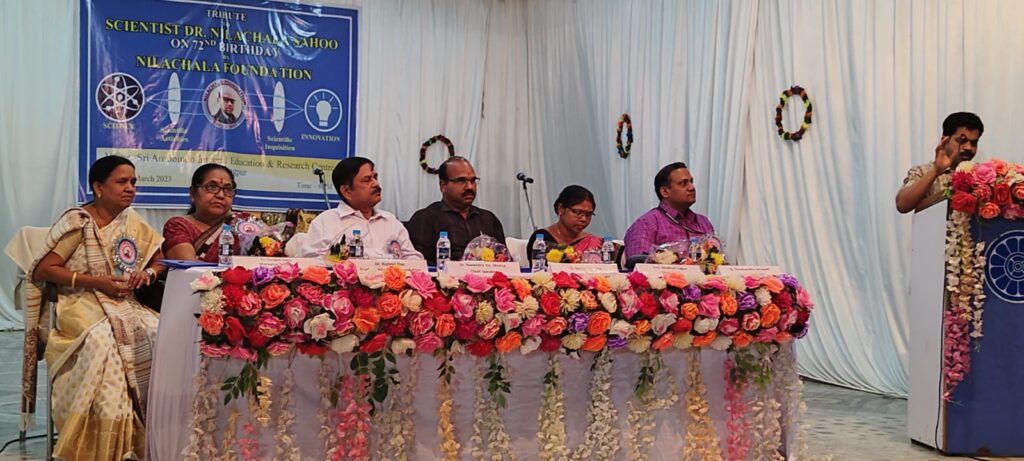
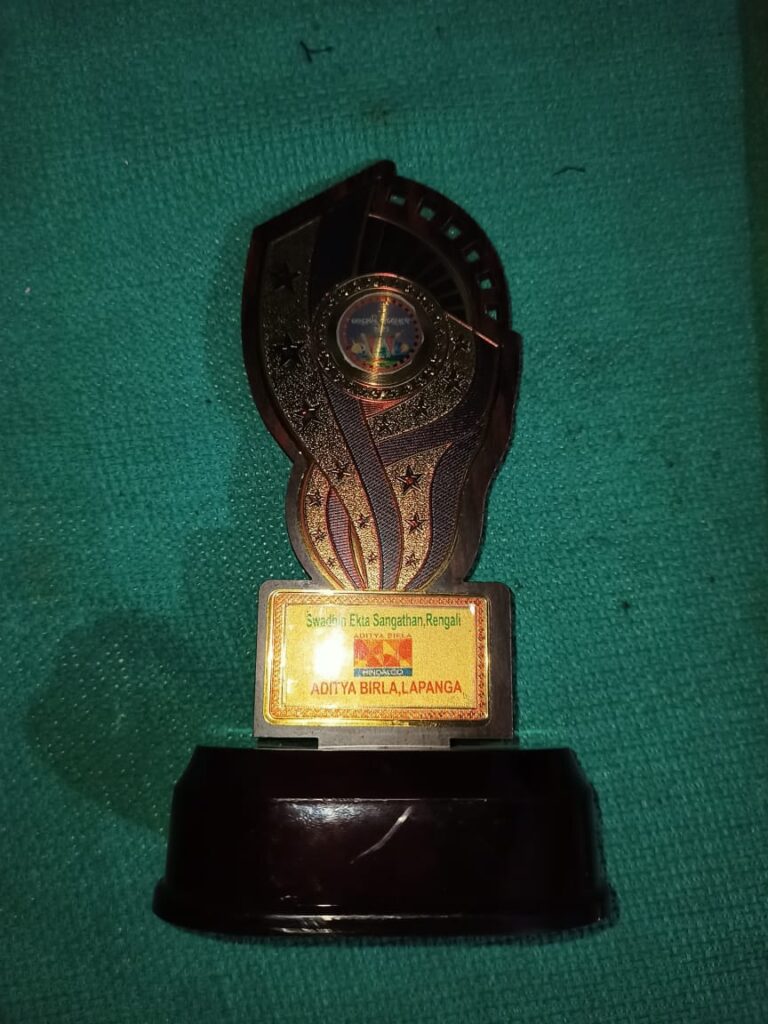
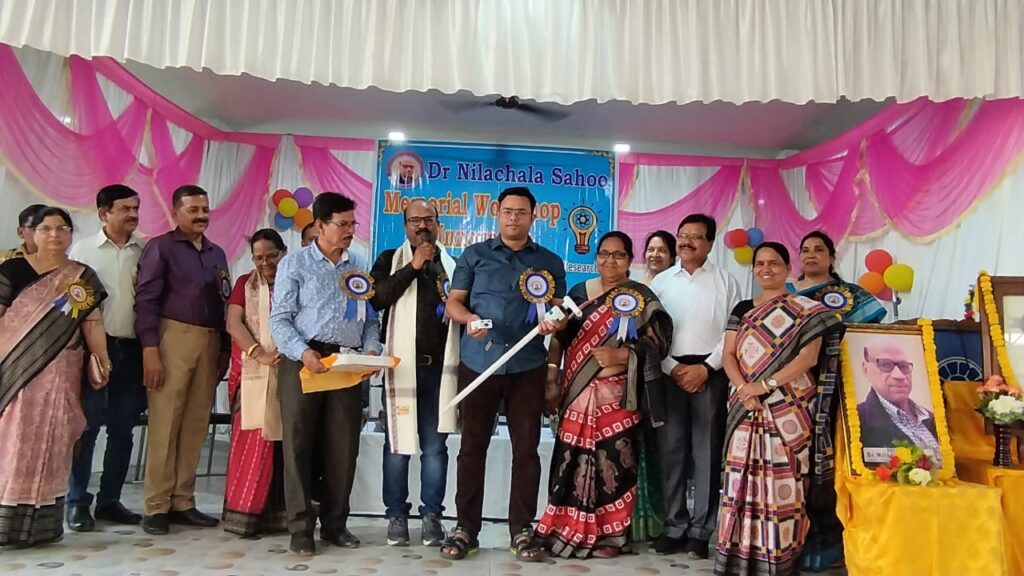
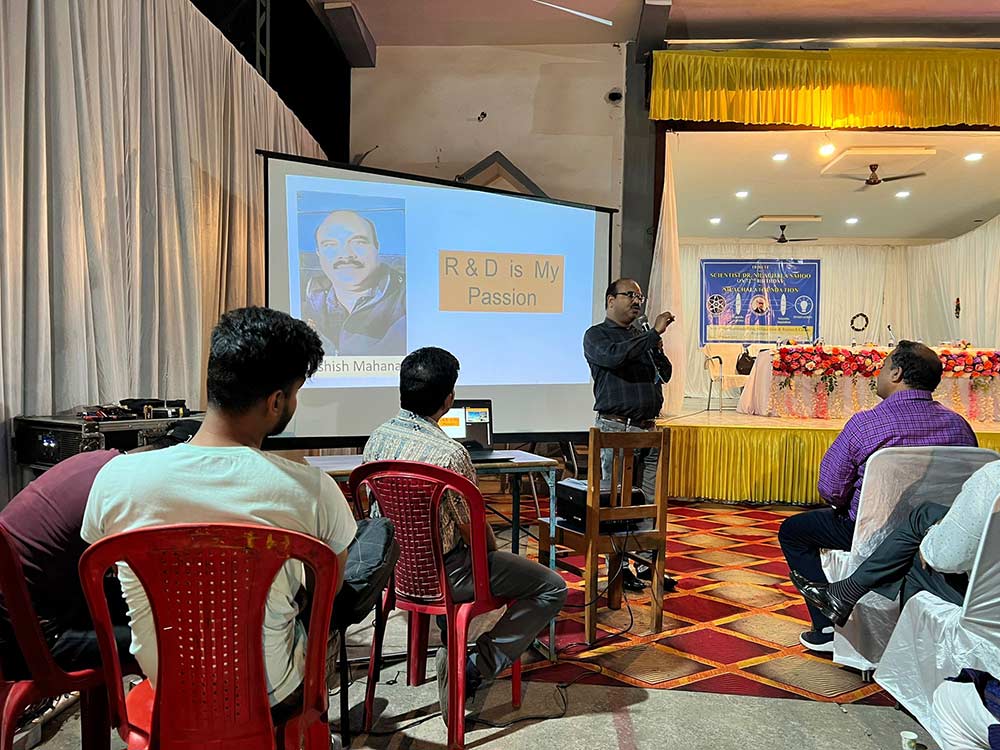
Mahana’s scientific endeavors have resulted in over 20 products with a variety of functionality for the benefit of mankind since his initial creation in 1992. His knowledge has earned him invitations to be a guest lecturer and resource person at a variety of institutions. He is also a member of an experienced research team at NIT-Rourkela, which expands his contributions to scientific advancement.
His 12-year-old daughter is inspired by him and aspires to be a researcher. But Ashish Mahana’s work inspires not only her daughter, but all of us. Odisha needs innovators like him to motivate more young people to pursue scientific research and innovation.

